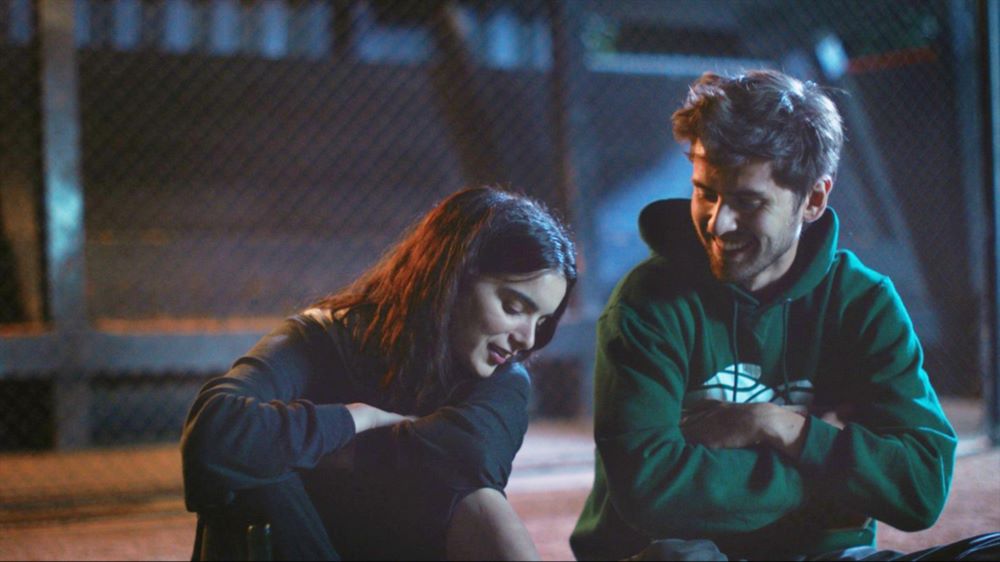Beasts Clawing at Straws
by Hope Madden
Who doesn’t enjoy a good bag o’cash flick?
Whether it’s the darkly humorous Lucky Grandma or lyrically tragic A Simple Plan, the terrifying innocence of Millions, or the violent masterpiece that is No Country for Old Men modern cinema has proven that you can do a lot with the combination of thrill, hijinks and dread that come along with an unexpected satchel full of bills.
Writer/director Kim Yong-Hoon pieces together just such emotions with his first feature. A nice guy, a missing person, that bag of cash, a mean tattoo, a lucky pack of cigarettes, a cool title—Beasts Clawing at Straws looks like it has it all.
Telling his tale in chapters that disjoint the narrative into a series of six interconnected plotlines, the filmmaker borrows the cinematic language of Tarantino and the Coens. If you’re going to steal from somewhere, you could do worse.
His pacing, framing, use of color and light all give the film its own swagger, though, and whether you guess where it’s all headed or you don’t, you’re bound to remain interested.
Where the filmmaker really strikes it rich is with this cast. Every actor adds a little exaggerated pathos to the mix as we ascend the ranks of smalltime crooks, each looking to score off another, all of them somehow connected to this stuffed Luis Vuitton bag.
Woebegone and hard working, Sung-Woo Bae offers the picture an emotional center. But the mid-film entrance of Do-yeon Jeon—glorious as ever—gives Beasts new life. She offers the chapters a sleek, devious tone the film had been missing.
Beasts Clawing at Straws offers mainly visceral if superficial thrills, but periodically it does ask us why it is we find ourselves rooting for the baddie. In the world created in this film, good and bad are separated by shades of grey and blood stains and no matter how you define yourself, you’re only one big, fat bag of cash away from finding out the truth.













